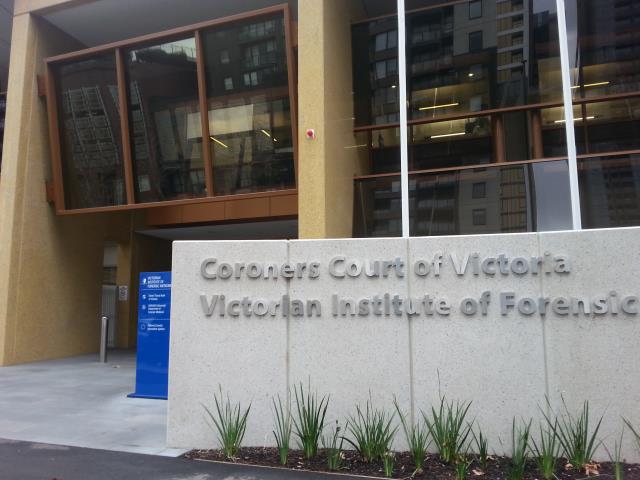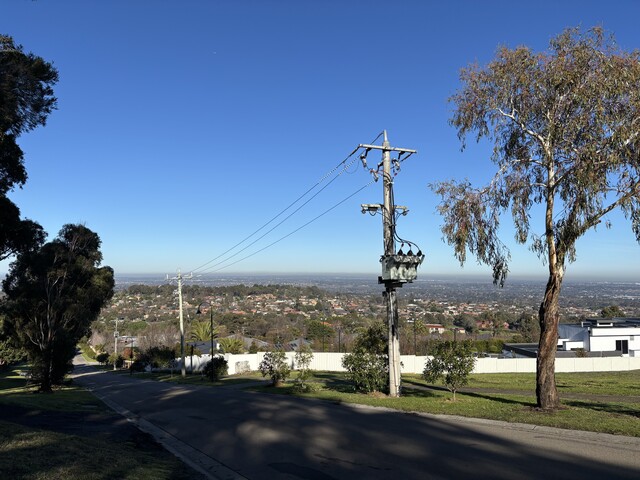FOR Bowel Cancer Month it is important we reflect on the importance of bowel cancer (colorectal cancer – CRC) as a disease affecting Australians.
CRC is the second most common cancer diagnosed in Australia after prostate cancer, with 15,840 cases in 2012 and nearly 4,000 deaths, making it also the second most important cancer related death in our community.
Bowel cancer becomes more prevalent as we age. It is unusual before the age of 50.
A 40-year-old Australian has a one in 1200 risk of developing bowel cancer over the next five years, compared to a 70-year-old who has a one in 65 chance.
The overall lifetime risk of bowel cancer is one in17 for men and one in 26 for females.
Unfortunately as an internal disease patients either do not experience any early symptoms or fail to recognise them.
Consequently 25 per cent of patients present when their cancer has already spread beyond its initial location (metastasised).
This is why the government has instituted the National Bowel Cancer Screening Program based on the detection of minute amounts of blood in the stool which could reflect an internal cancer.
This is called the faecal occult blood test (FOBT) and is extremely important at helping identify at risk cases.
FOBT assessment has been shown to reduce the mortality of bowel cancer by 33 per cent.
Furthermore, cancer detected using the faecal occult blood test tends to be at an earlier more treatable stage.
Risk factors for CRC include a family history of bowel cancer (the risk may be at least double depending on the age and number of family members affected), a personal history of inflammatory bowel disease or past history of polyps.
Environmental factors including a diet high in processed foods, fats and alcohol may predispose to bowel cancer development.
Cancers tend to form when gene defects called mutations occur in cells lining the bowel called polyps which are easily recognised and removed at a procedure called colonoscopy. Colonoscopy is performed with sedation and examines the bowel using a flexible tube containing a light source and videochip.
Polyp removal at colonoscopy prevents bowel cancer development, however, as polyps have a tendency to return follow-up surveillance colonoscopies are usually required.
There have been some incredible advances in chemotherapeutic agents and oncology management that have significantly improved the outlook for patients with advanced bowel cancer.
Modern medicine however does place significant emphasis on cancer prevention and this has become a major role for gastroenterologists in recent years.
Dr Luke Crantock and his team at GI Health are located at 7 Gloucester Avenue Berwick and can be contacted on 9709 2777.
Beating bowel cancer

Digital Editions
-

Join Connected Libraries in July for a chance to win $200
Connected Libraries is calling all kids and teens to join in July for a chance to win a $200 voucher of their choice, plus receive…





